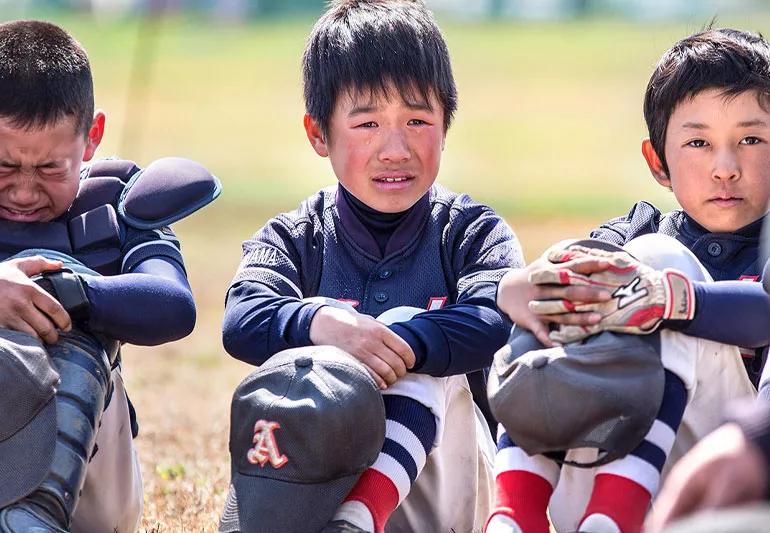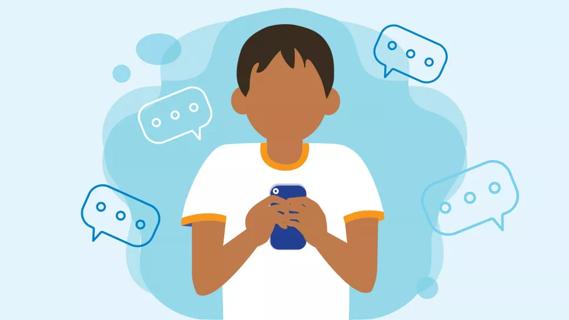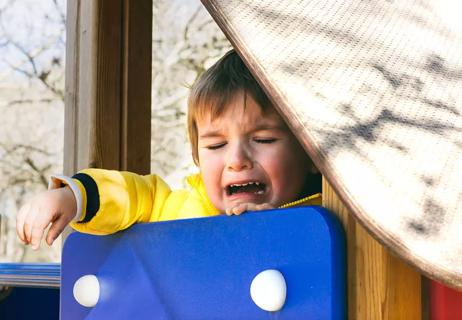Grace and humility are important traits to develop at a young age

Losing is bound to happen — it’s just the way the world works. If your child plays competitive sports or loves family game nights, they are bound to lose sometimes. And, as a parent, it’s your job to help your child learn how to handle these disappointments calmly. It isn’t always the easiest task to take on, but it’s crucial for your child’s behavior development.
Cleveland Clinic is a non-profit academic medical center. Advertising on our site helps support our mission. We do not endorse non-Cleveland Clinic products or services. Policy
Child psychiatrist Joseph Austerman, DO, says teaching this skill is vital to helping children manage difficulties later in life.
“It’s your responsibility as a parent to help children navigate when things aren’t going their way,” he says. “The better you teach them this as children, the better they’ll be able to do it as adults.”
Dr. Austerman offers these tips to help your child learn to handle disappointments and losses in sports and games.
It might also be helpful to examine the behavior of your child’s coaches and teammates/friends when they experience loss, as well as the parents of those teammates and friends.
Children are easily influenced by their coaches, friends and friends’ families. If you notice temperamental behavior coming from both children and adults who are spending time around your child, consider having meaningful (not accusatory) conversations with them about how your child is affected. If the toxicity continues, it might be best to remove your child from the team or have them spend less time with those friends.
“No matter what,” Dr. Austerman says, “Maintain patience with your child. Learning how to cope with competitive losses gracefully can take time.”
“This is a process as children grow,” he says. “Continue to praise your children for good efforts and good behaviors. It will help them learn how to handle and work through frustrating situations.”
Learn more about our editorial process.

Too much screen time and unrealistic expectations and perceptions and can lead to an increased risk of anxiety and depression

They’re nontoxic, but crayons can cause an upset stomach and pose a serious choking hazard

From split lips to splinters, a little first-aid can get your kiddo back on the swing set in no time

It starts with teaching your child how to use emotional language and to respect others

Dietary and behavioral changes can help get things moving again

Sailing between parenting styles in specific situations is key

The earlier they come in, the sooner they fall out

Caring for your own well-being and setting manageable expectations can dispel that feeling

Your metabolism may torch 1,300 to 2,000 calories daily with no activity

A gentle touch in all the right places may help drain your sinuses